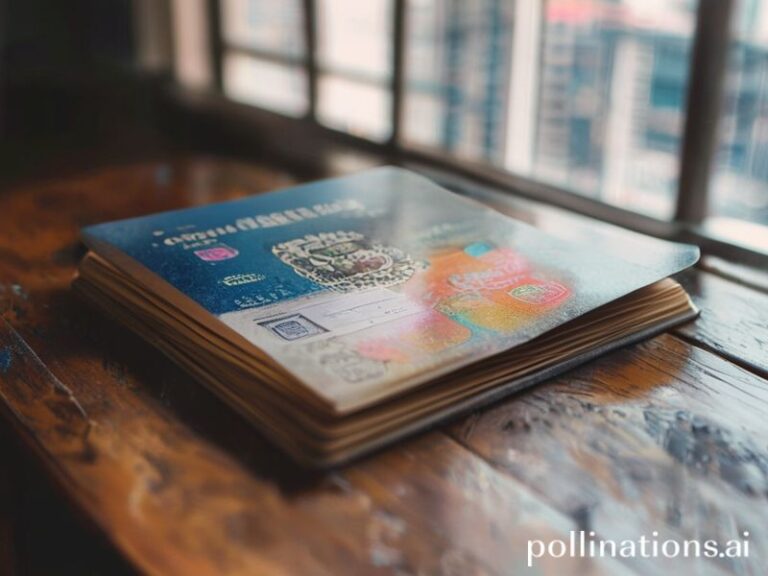Amazon’s Prime Refund Fiasco: Why the World’s Watching the FTC Settlement
# **Amazon’s Prime Refund Fiasco: Why the World’s Watching**
In a plot twist that’s got everyone from tech bros to budget-conscious shoppers on the edge of their seats, Amazon is making headlines—and not just for delivering packages in record time. The e-commerce giant is in the hot seat after a settlement with the Federal Trade Commission (FTC) that could see customers getting a piece of the pie—or rather, a refund on their Prime memberships. But why is this story trending globally, and what does it mean for the future of consumer rights? Let’s dive in.
### **The Plot Thickens: What’s the Deal with the Settlement?**
The FTC accused Amazon of tricking customers into signing up for Prime without their consent—or worse, making it a nightmare to cancel. The result? A hefty $61.7 million settlement that could lead to refunds for millions of Prime members. If you’ve ever felt like Amazon’s subscription model was a bit too sticky, you’re not alone. The FTC’s investigation revealed that Amazon made it way too easy to sign up for Prime (hello, one-click wonders) but a total hassle to cancel. Talk about a bait-and-switch!
### **Why Is This Trending Globally?**
1. **Consumer Rights Take Center Stage**
– The internet has a long memory, and people love a good underdog story. The idea that a tech giant like Amazon could be held accountable for shady practices is giving consumers hope that their voices matter. Social media is buzzing with discussions about how this could set a precedent for other companies with sneaky subscription models.
2. **The Power of Collective Action**
– The settlement is a reminder that collective action works. Class-action lawsuits and regulatory bodies like the FTC can actually make a difference. It’s a win for consumers who’ve felt powerless against corporate giants.
3. **Amazon’s Reputation on the Line**
– Amazon has built its empire on convenience and customer obsession, but this settlement is a black mark on its reputation. The global conversation isn’t just about the refunds—it’s about trust. Can consumers still rely on Amazon to be transparent, or is this the beginning of a bigger reckoning?
4. **The Ripple Effect**
– Other companies are watching closely. If Amazon can be taken to task for its subscription practices, what’s stopping the FTC from turning its gaze toward other tech giants with similar models? The domino effect could be huge.
### **Cultural Context: The Subscription Economy**
We live in a world where subscriptions rule. From streaming services to meal kits, companies love recurring revenue. But the Amazon case highlights a growing frustration: the ease of signing up versus the difficulty of canceling. It’s a cultural moment that’s making people question the fine print and demand more transparency.
### **Social Impact: A Win for Consumers?**
The settlement is a big deal for consumers, but it’s not just about the money. It’s about sending a message that companies can’t take advantage of their customers. The social impact could be far-reaching, encouraging more people to speak up when they feel wronged—and for regulators to take action.
### **What’s Next?**
The refund process is still unfolding, and not everyone will qualify. But the conversation has already shifted. Consumers are more aware, and companies are on notice. The Amazon-FTC settlement is a reminder that even the biggest players can be held accountable—and that’s a trend worth celebrating.
So, whether you’re a Prime member waiting for your refund or just someone who loves a good corporate takedown, this story is a win for the people. And hey, if you do get that refund, maybe treat yourself to something nice—like a subscription to a company that doesn’t make you jump through hoops to cancel.
—







